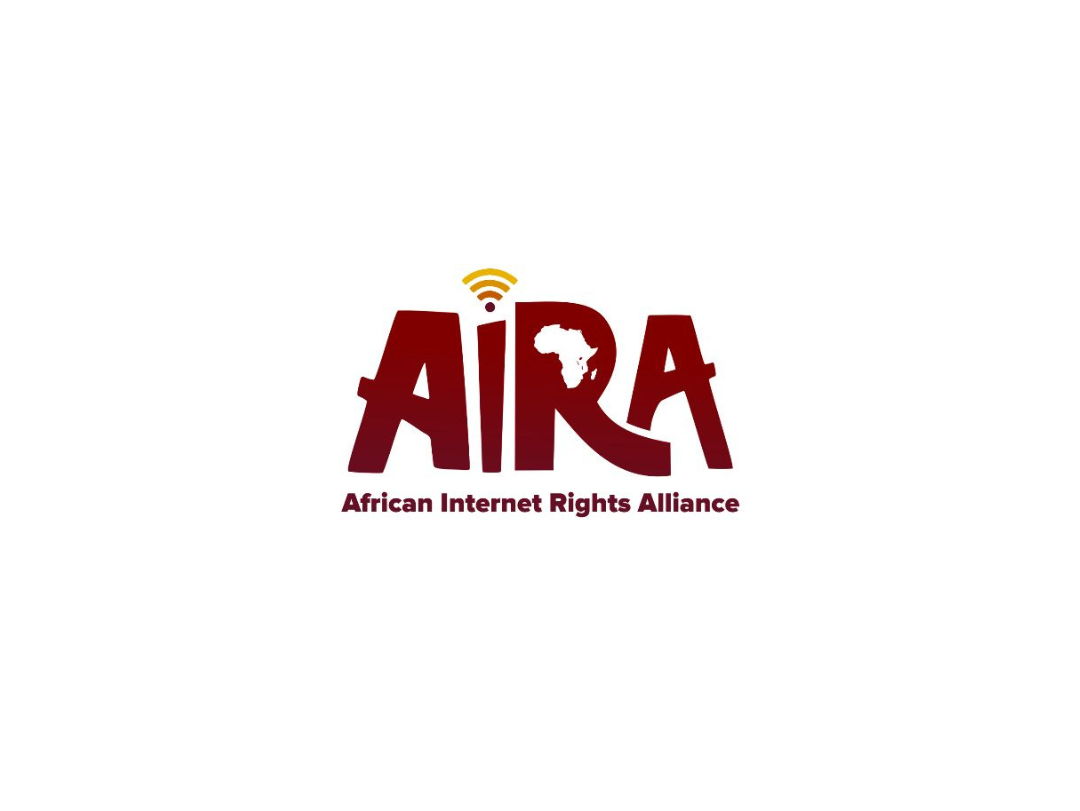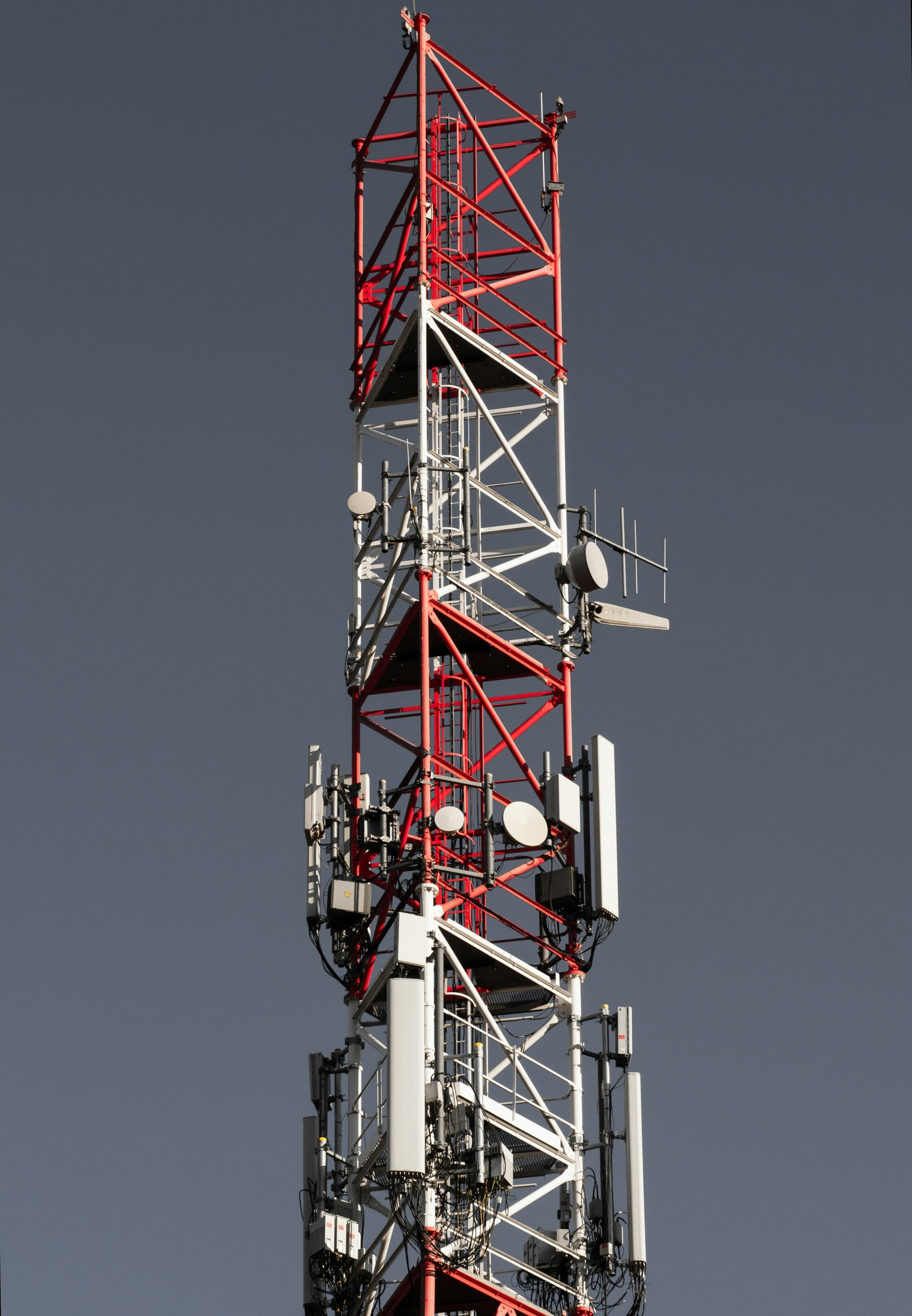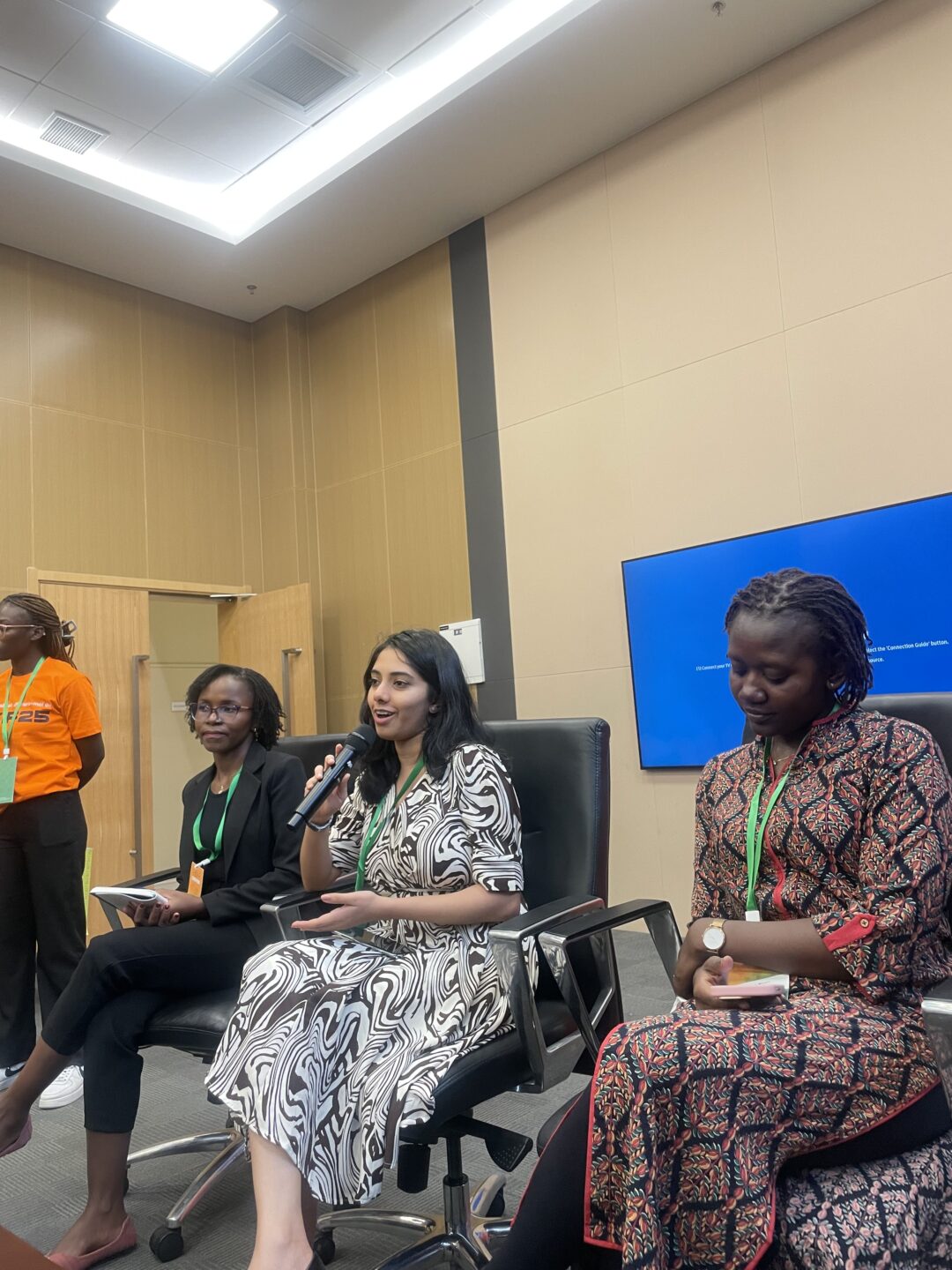The African Internet Rights Alliance (AIRA) is proud to announce that we have officially submitted our contribution to the Democratic Republic of Congo’s (DRC) Public Consultation on the Introduction of 5G.
For the DRC, this digital policy decision will shape access to education, public services, and civic participation for millions, so civil society voices must not be absent. This submission is more than a technical input — it is a rights-based vision for a connected and inclusive DRC.
Why Was This Submission Necessary?
The DRC’s move toward 5G comes with immense promise: better connectivity, modernised public services, and access to digital tools that could transform daily life. But without a human rights lens, this technology could become a privilege which reinforces inequality, deepens the urban-rural divide, and excludes vulnerable populations from the digital future.
AIRA’s role is to ensure that technological progress does not come at the cost of human dignity, equity, or democratic participation. Our submission is a call to design the 5G roadmap for people, not just for profit.
Why Civil Society Must Engage in Digital Policy Processes
Too often, digital policies in Africa are developed with limited public input. Yet, these decisions impact everything from the cost of internet access to how governments collect and use personal data.
Civil society organisations bring:
A rights-based perspective that safeguards privacy, inclusion, and accessibility.
Grounded community knowledge to ensure rural, low-income, and marginalised groups are not left behind.
Accountability mechanisms to ensure governments and corporations uphold public interest principles.
We need more voices — not fewer — shaping the digital rules of tomorrow.
What’s in Our Submission?
AIRA’s submission focused on two key verticals: Public Administration and Education, sectors that directly affect the everyday lives of Congolese people. Some of the highlights include:
Rights-Respecting Use Cases
E-Government platforms to reduce corruption and expand citizen access.
Virtual classrooms and edtech tools to ensure rural learners aren’t excluded.
Equity-Centered Deployment
A phased 5G rollout that prioritises connectivity in underserved areas.
Support for device affordability, infrastructure sharing, and zero-rating for essential services.
Safeguards and Accountability
Strong protections for privacy, data protection, and surveillance oversight.
Public consultation before infrastructure is installed in communities.
Regular reporting by mobile operators, with civil society oversight built in.
Economic Models That Serve the Public
Use of Universal Service Funds and Public-Private Partnerships to extend 5G beyond profitable urban centres.
Inclusion of local operators and community networks to reach places big telcos won’t.
Read our full submission here:



